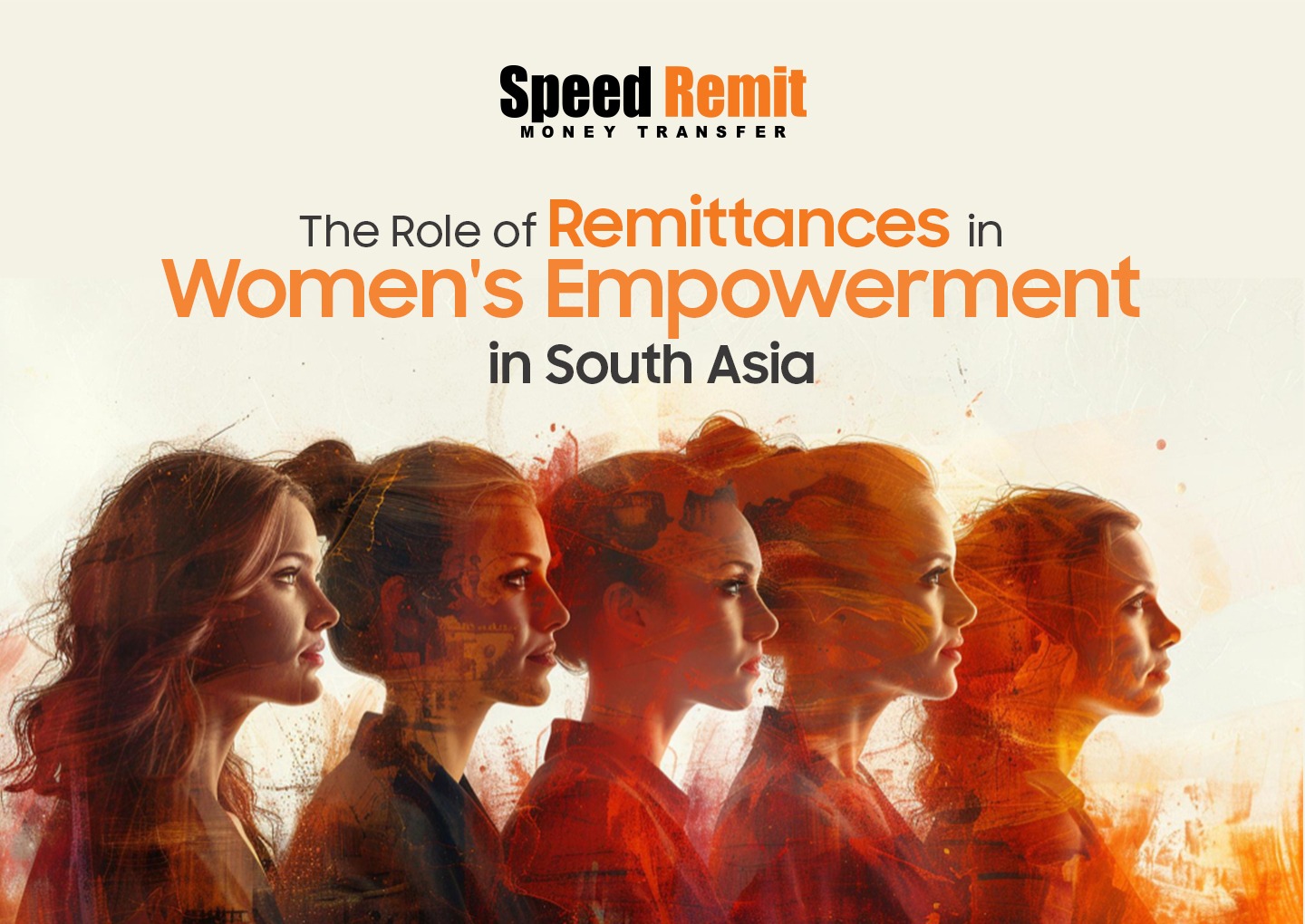During the last few years, India and other countries like Bangladesh have seen a drastic transformation in migration patterns, with an increasing number of women seeking work abroad, particularly in the UK. This trend has contributed to the economic upliftment of their families and has also played a pivotal role in enhancing women’s empowerment within their communities, as they regularly send money from UK to India and Bangladesh.
Table of Contents
The Rise of Female Migration
Historically, migration from South Asia was predominantly male-dominated. However, there has been an enormous increase in the female migration workforce to workplaces, mainly in the Middle East and the United Kingdom. This movement is driven by the desire to get a better job and thus a desire to have the best living standards in their home households, and therefore, they have to be independent financially.
Remittances: A Catalyst for Change
One of the significant impacts of ladies’ migration is remittance back home. To take care of their families, especially regarding needs like food, healthcare, and education, the migrant women workers stay vigilant on remittances; hence, they always seek a trusted platform to send money from the UK to Bangladesh or India. This financial assistance has upgraded the living standard of many South Asian families.
In Bangladesh, for instance, remittances have been used to invest in children’s education, leading to higher literacy rates and better job prospects for the younger generation. Similarly, remittances improved rural Indians by constructing better homes, healthcare, and small-scale enterprises, thus creating regional economies.
Empowering Women through Financial Independence
Sending remittances enables women in several ways. On the one hand, it allows them to make some money and stand equal with men in terms of finances. This poses a challenge to the conventional gender roles that present quotas on household tasks. Secondly, it also enhances their decision-making skills within the house, as their view counts as it is valued.
Moreover, working migrant women are most likely to gain access to new cultures and societies, contributing to their becoming more confident and gaining some insights. Such experience can be related to a heightened sense of agency, so they can act against the living rules of the society and demand their needs.
Challenges and Barriers
Sending remittances enables women in several ways. On one hand, it helps them earn some money to become equal to men financially. This is a threat to the traditional gender roles that dictate the chores at home. Secondly, it also improves their decision-making capacity in the house because their opinion matters since it is valued.
In addition, the working migrant women have the best chances of enjoying access to the new cultures and societies, which is one reason they become more confident and have specific insights. This experience may be connected with the increased sense of agency needed to act against the living rules of society and claim their needs.
Policy Recommendations
To maximize the positive impacts of female migration and remittances, several policy measures can be considered:
- Legal Protections: Ensuring that female migrant workers have access to legal protections in destination countries to prevent exploitation and abuse.
- Financial Literacy Programs: Providing training on financial management to help women effectively utilize remittances for long-term investments.
- Community Support Systems: Establishing support networks in both the destination and origin countries to assist women in navigating challenges related to migration.
- Advocacy and Awareness Campaigns: Promoting the benefits of female migration and challenging societal norms restricting women’s mobility.
Conclusion
The influx of South Asian women migrating to countries like the United Kingdom has caused a significant shift in the socioeconomic welfare of South Asian women. These women support their families economically through remittances and create a social change because of their strictness on the traditional gender roles and lobbying for their rights. Women’s migration and remittance could only be achieved by addressing their problems and taking proactive measures to establish a better, more balanced, and robust society.



